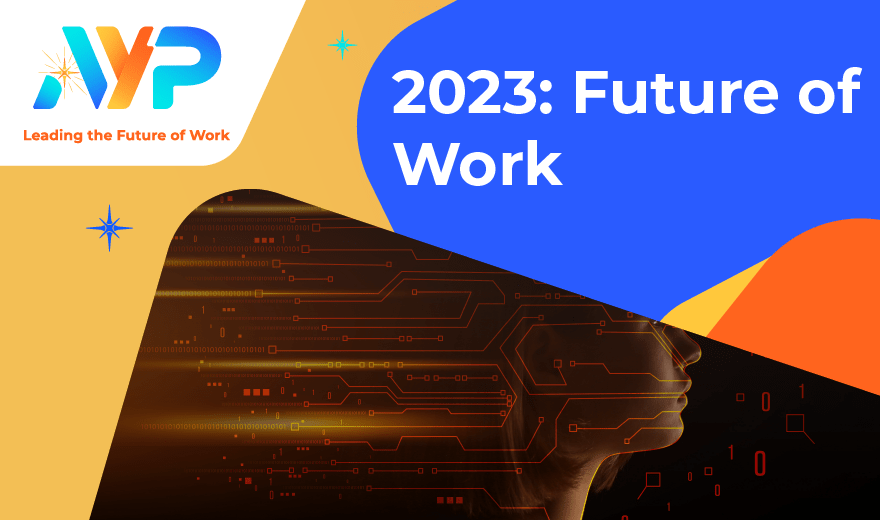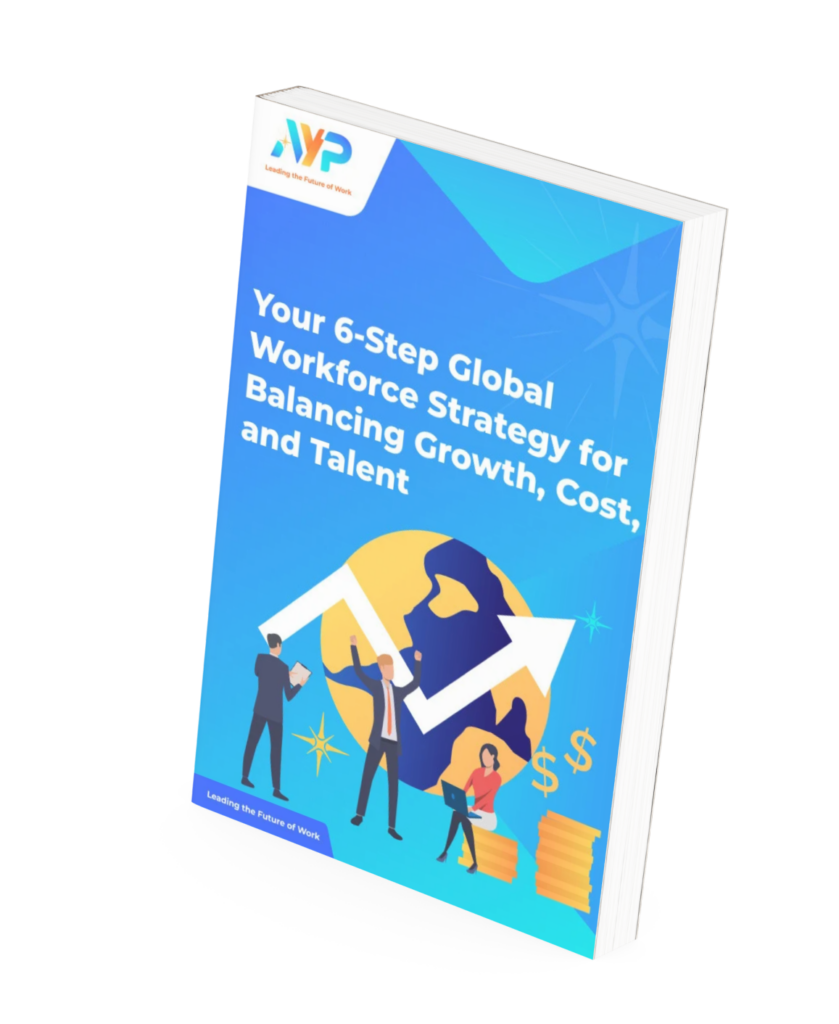The future of work is something that is coming towards us faster than we think. It has also been further accelerated by the COVID-19 pandemic that had hit us globally. This has vastly affected industries and workforces all over the world at an extremely rapid rate, with unemployment rates skyrocketing and remaining employees needing to adjust to new and unfamiliar work arrangements.
This no doubt will have a long-term influence on the way people are used to working. The future of work is littered with uncertainties, but can also lead to new opportunities for many.
These changes have raised questions amongst many regarding the security of their jobs, necessary skills and the precarity of the economy. In this article, we explore the factors shaping the future of work, and the impact that these have on the HR industry.
The Changing Nature of Work:
Gone are the days when full-time positions at organisations are the only way for employees to work. Non-standard forms of employment have been on the rise in recent years.
This includes gig work, self-employment and contract jobs. The world is also increasingly connected, and there has been an increasing number of location-independent employees.
What does this mean for HR?
HR has to adapt to new policies and workplace habits that cater to a variety of different workers. For example, more streamlined, efficient onboarding processes should be looked into for short-term workers in order to maximise productivity. Furthermore, virtual teams are becoming increasingly common given the pandemic, as well as a rise in the number of location-independent employees.
HR has to find a way to keep all types of employees engaged, while also catering to their different needs and work styles.
a. Technology
Technology has advanced by leaps and bounds over the years, and will continue to evolve. Big data, cloud computing, collaborative platforms and Artificial Intelligence (AI) are all quickly changing the way we work.
Employees are quickly having to become well-versed in various types of technology that are being implemented in the workplace. At the same time, industries everywhere are being forced to rethink the type of work that humans can do.
Technology has given us the ability to extract more detailed, informative data than ever before. On top of that, technology has the ability to connect us regardless of location.
What does this mean for HR?
HR now has the task of ensuring that they are well-versed in the various technologies available in the market, and what will benefit their organisation the most. HR professionals also have to take into account how technologically apt employees are, and provide them with courses or training where applicable.
a. Globalisation and Mobility
Globalisation is constantly expanding the ability for organisations to work in any part of the globe. Essentially, boundaries hardly exist anymore. People are travelling to all corners of the world to start businesses, travel and of course, to work. Where one is located is also starting to be of less and less significance. All that is really needed is a good internet connection and you’re good to go. Be it from home or the office, or even in a country thousands of miles away from the office, we can all access virtually the same information.
What does this mean for HR?
Employee engagement will always be an important part of the employee experience.
With employees from all over the world, HR professionals will have to ensure that they are familiar with the different cultures and workplace norms of each country. Furthermore, they will have to find ways to ensure that despite distance, all employees are still well-connected and engaged.
Drive business impact
The future of work is one littered with uncertainties and unexpected changes. However, it is also full of new opportunities for businesses to grow. This also means that HR has to be ever-ready for any changes that may take place, and find the most efficient, effective ways to get their job done.
We know that adapting to the future of work can be a challenge for many and as such, have an upcoming webinar geared towards helping attendees better prepare themselves for this.
In this webinar, Mr Raymund Chua, CSFC, MSHRI, CEO, Consortium for Clinical Research Innovation Singapore and Mr James Day, Managing Director at Excelitas Technology Corp will be discussing the importance of employee engagement, and how to manage an increasingly distributed workforce. The session will be hosted by Ms Annie Yap, Founder and Chairman, AYP Group. Learn how to transform a digital workforce and drive business impact. Register here
Featured Content
1. Common HR Problems for SMEs



